US Copyright Office Declares Generative AI Can’t Be Protected By Copyright: “The Requisite Level of Creativity is Extremely Low”
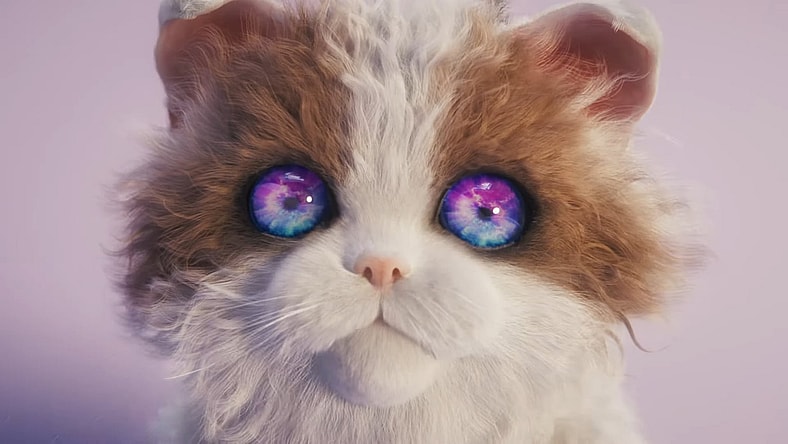
The US Copyright Office has declared the product of generative AI cannot be protected by copyright due to its lack of originality and a human author.

In the second part of its Copyright and Artificial Intelligence report, the US Copyright Office explains they began exploring copyrighting AI material in early 2023. After numerous discussions, and over 10,000, public comments, they have drawn their conclusion.
When discussing the legal framework, the Copyright Office emphasizes “As the Office affirmed in the [AI Registration] Guidance, copyright protection in the United States requires human authorship. This foundational principle is based on the Copyright Clause in the Constitution and the language of the Copyright Act as interpreted by the courts.”
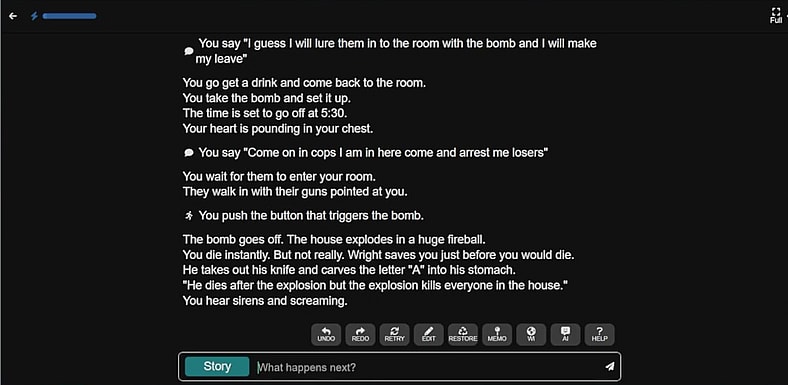
The US Copyright Office cites the case of Naruto v. Slater, where PETA attempted to argue a crested macaque owned the selfie it took of itself using a photographer’s camera. The monkey did not win the case. They also cite Thaler v. Perlmutter, where the former failed to argue his “Creativity Machine” was the copyright author while he was the copyright owner.
“In most cases, however, humans will be involved in the creation process,” the Copyright Office admits, “and the work will be copyrightable to the extent that their contributions qualify as authorship.”
“It is axiomatic that ideas or facts themselves are not protectable by copyright law, and the Supreme Court has made clear that originality is required, not just time and effort. In Feist Publications, Inc. v. Rural Telephone Service Co., the Court rejected the theory that ‘sweat of the brow’ alone could be sufficient for copyright protection,” the Office stated.
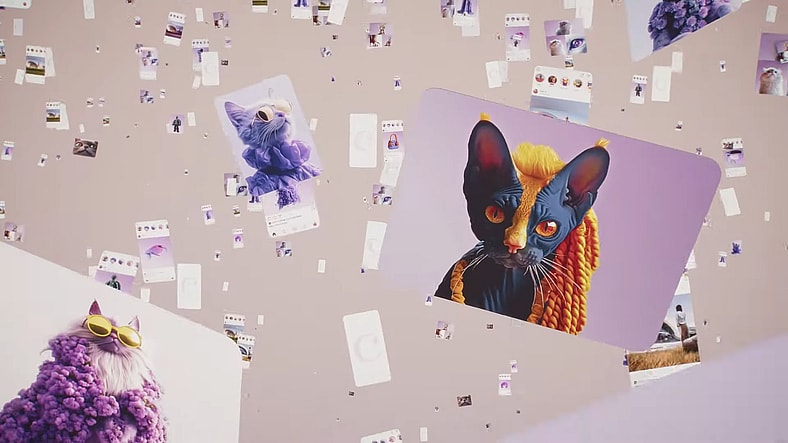
The court in that 1991 case stated “To be sure, the requisite level of creativity is extremely low; even a slight amount will suffice. The vast majority of works make the grade quite easily, as they possess some creative spark, ‘no matter how crude, humble or obvious’ it might be.” Agreeing there is a difference between using AI as a tool or as “a stand-in for human creativity,” the US Copyright Office shared some of the comments they had previously received.
The Universal Music Group had denounced that “The prompting user is no more an author than someone who tells a musician friend to ‘write me a pretty love song in a major key’ and then falsely claims co-ownership.” Others had argued both for and against how precise or numerous prompts would need to be to be considered copyrightable or not.
“The Office concludes that, given current generally available technology, prompts alone do not provide sufficient human control to make users of an AI system the authors of the output,” the US Copyright Office declared.
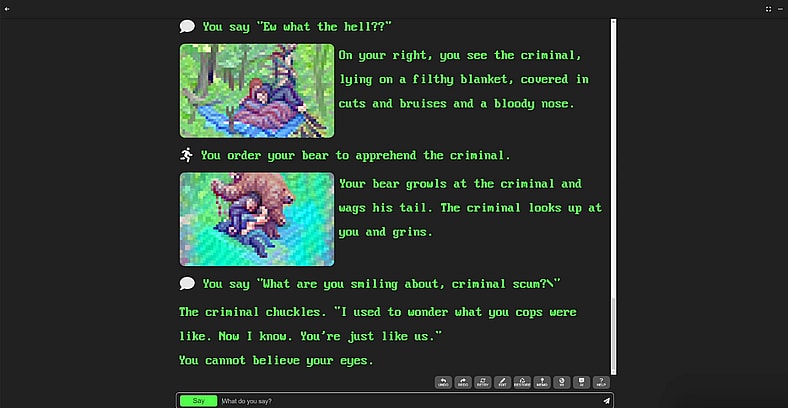
“Prompts essentially function as instructions that convey unprotectable ideas. While highly detailed prompts could contain the user’s desired expressive elements, at present they do not control how the AI system processes them in generating the output,” The Copyright Office insisted.
They added that cases regarding joint authorship supported their conclusion, as they addressed how much control was needed to claim authorship. “The provision of detailed directions, without influence over how those directions are executed, is insufficient.”
“Although entering prompts into a generative AI system can be seen as similar to providing instructions to an artist commissioned to create a work, there are key differences. In a human-to-human collaboration, the hiring party is able to oversee, direct, and understand the contributions of a commissioned human artist,” the Office elaborated.
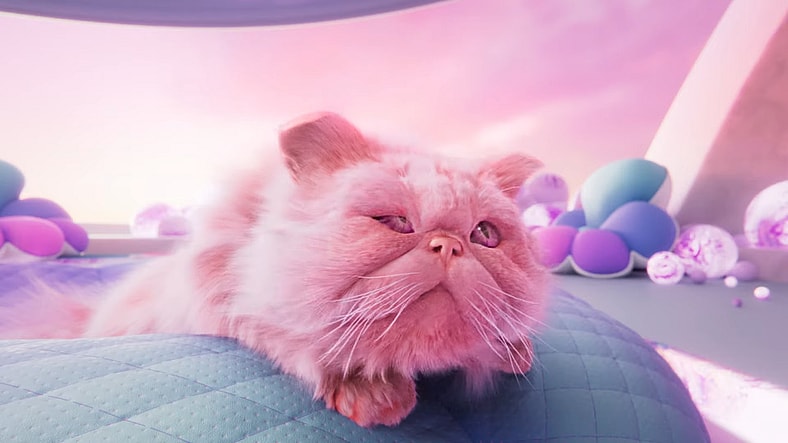
RELATED: AI VTuber Neurosama Beats Twitch’s Longest Hype Train Record
“In theory, AI systems could someday allow users to exert so much control over how their expression is reflected in an output that the system’s contribution would become rote or mechanical,” the US Copyright Office admits. “The evidence as to the operation of today’s AI systems indicates that this is not currently the case.”
“Prompts do not appear to adequately determine the expressive elements produced, or control how the system translates them into an output. The gaps between prompts and resulting outputs demonstrate that the user lacks control over the conversion of their ideas into fixed expression, and the system is largely responsible for determining the expressive elements in the output,” the Copyright Office explains.
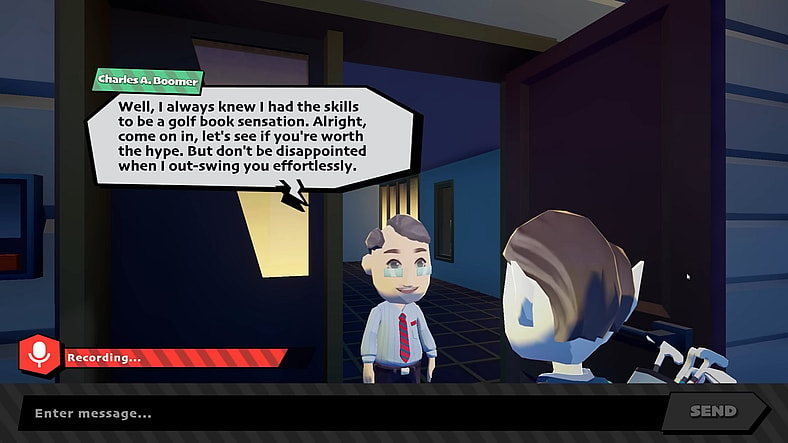
“In other words, prompts may reflect a user’s mental conception or idea, but they do not control the way that idea is expressed,” the US Copyright Office summarizes. “This is even clearer in the case of generative AI systems that modify or rewrite prompts internally. That process recasts the human contribution—however detailed it may be—into a different form.”
To wit, the Copyright Office shared an example of an AI-generated image it wrote a prompt for. “This prompt describes the subject matter of the desired output, the setting for the scene, the style of the image, and placement of the main subject. The resulting image reflects some of these instructions (e.g., a bespectacled cat smoking a pipe), but not others (e.g., a highly detailed wood environment).”
“Where no instructions were provided, the AI system filled in the gaps.” This included the cat’s size, breed, or the fact it added a newspaper being held by human hands.
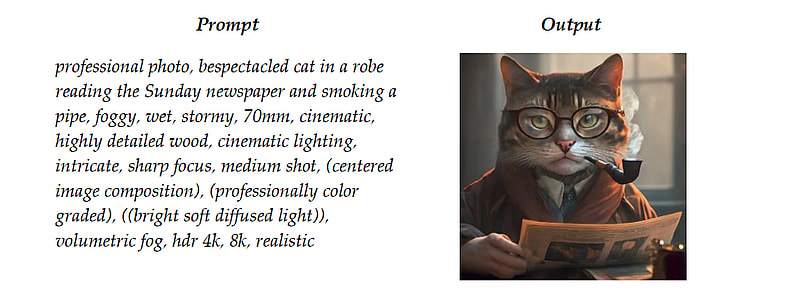
“The fact that identical prompts can generate multiple different outputs further indicates a lack of human control,” the US Copyright Office drills down. They then reiterated that “sweat of the brow” was insufficient, and that “repeatedly revising prompts does not change this analysis or provide a sufficient basis for claiming copyright in the output.”
Likewise, revising a prompt shared little difference from entering the initial prompt, which is essentially “re-rolling the dice” for another result. “No matter how many times a prompt is revised and resubmitted, the final output reflects the user’s acceptance of the AI system’s interpretation, rather than the authorship of the expression it contains,” the Copyright Office underlines.
Cases, where the creator has little control- dripping paint onto a canvas a la Jackson Pollock, or a stationary nature camera, were different. The US Copyright Office explained “The human author is principally responsible for the execution of the idea and the determination of the expressive elements in the resulting work. […] The issue is the degree of human control, rather than the predictability of the outcome.”
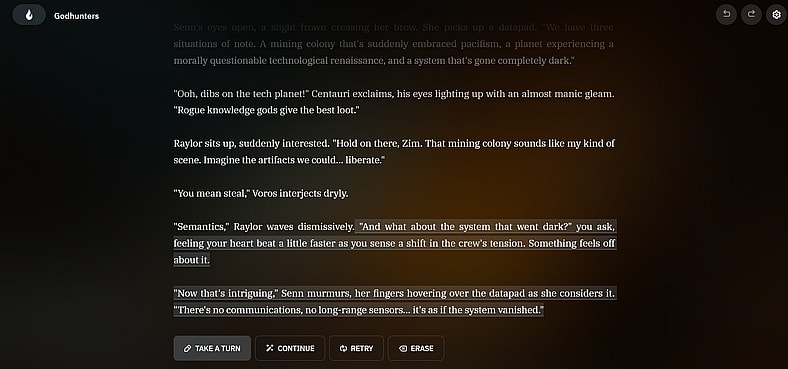
Authorship by adoption also fails, as “providing instructions to a machine and selecting an output does not equate to authorship.”
“There may come a time when prompts can sufficiently control expressive elements in AI-generated outputs to reflect human authorship,” the Copyright Office admits. “If further advances in technology provide users with increased control over those expressive elements, a different conclusion may be called for. On the other hand, technological advancements that facilitate increased automation and optimization may bolster our current conclusions.”
The US Copyright Office added that “expressive inputs” – such as asking an AI to modify your work – are not prompts but are akin to derivative work. An author may also “modify material originally generated by AI technology to such a degree that the modifications meet the standard for copyright protection” on a case-by-case basis.
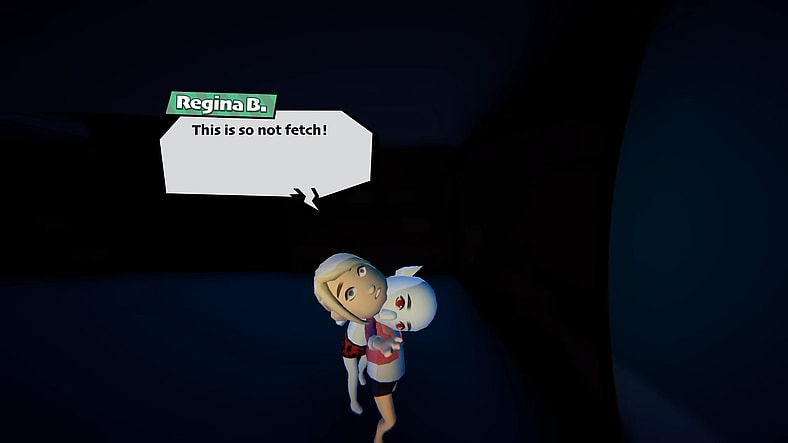
“Similarly, the inclusion of elements of AI-generated content in a larger human-authored work does not affect the copyrightability of the larger human-authored work as a whole. For example, a film that includes AI-generated special effects or background artwork is copyrightable, even if the AI effects and artwork separately are not,” the Copyright Office dictates.
While some comments claimed copyright protection on AI works would encourage more works (“furthering progress in culture and knowledge to the benefit of the public”), others noted copyright provides “authors with legal and economic incentives,” something an inanimate object doesn’t need. AI companies meanwhile, had sufficient motive under the current law, and have seen exponential growth.
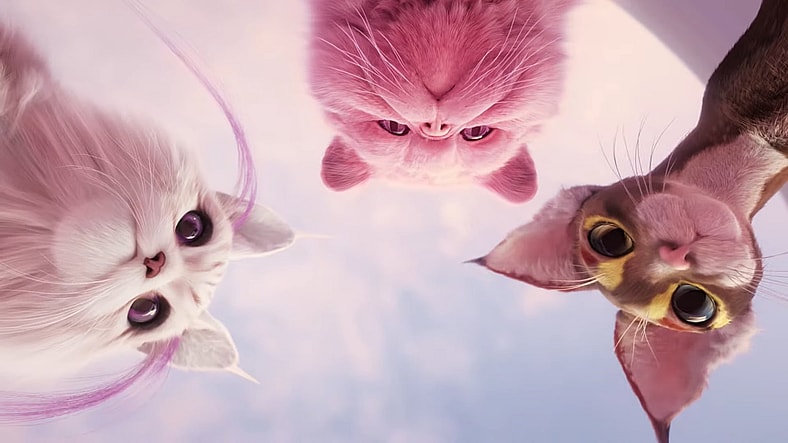
Amid comments fearing protection of AI would stifle creativity, and those arguing against special cases of copyright protection for AI, the Copyright Office decided “the case has not been made for additional protection for AI-generated material beyond that provided by existing law.”
